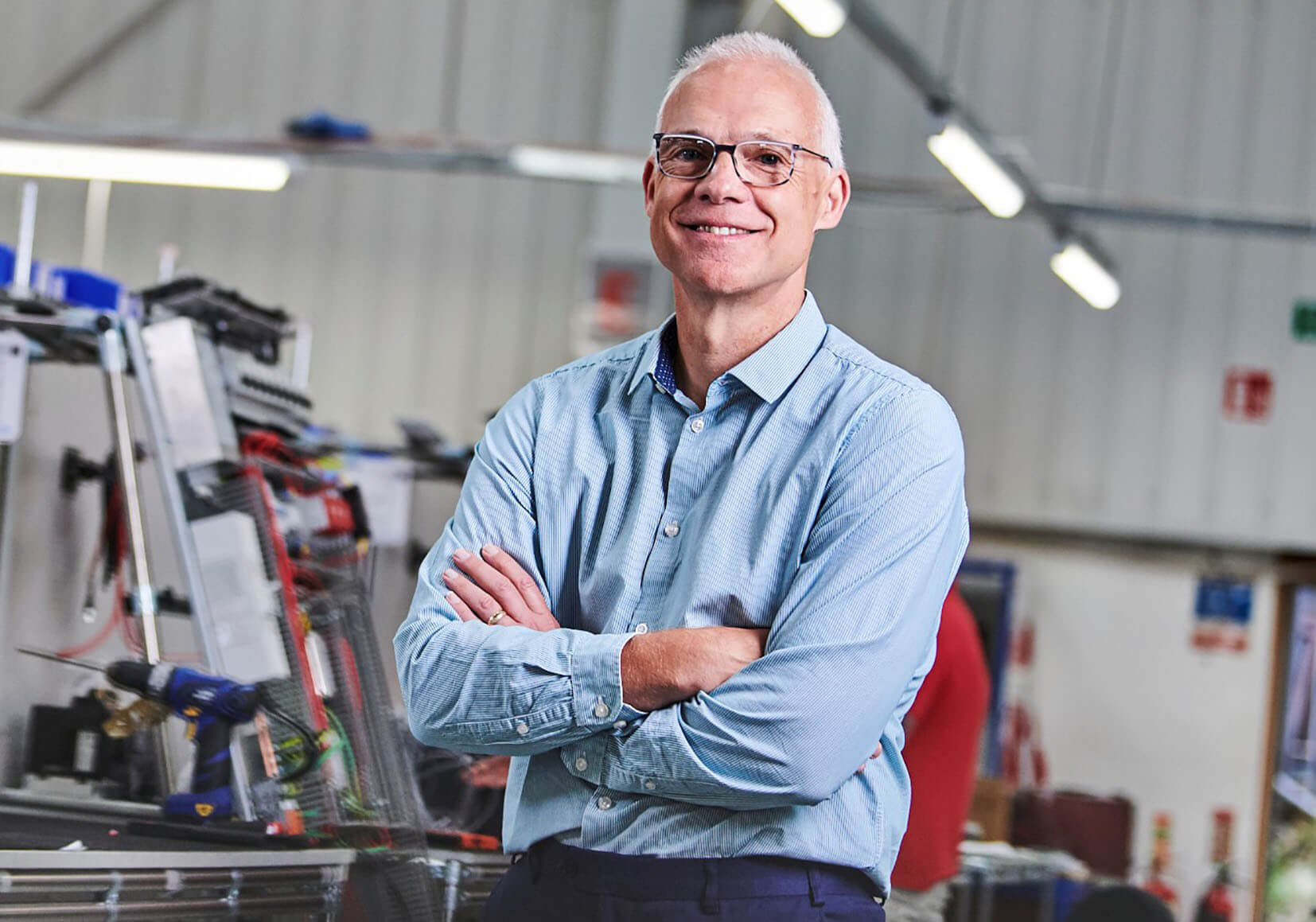Supply: The universal problem
View from the Top – PP Control & Automation
Tony Hague, CEO of PP Control and Automation, says the chronic supply delays, caused before Covid but exacerbated by the pandemic, is an overdue and golden opportunity for companies that manufacture goods. But will we act?
Anyone in UK manufacturing right now, irrespective of size, capabilities or markets served, have one common challenge – that of supply chain.
Certainly, in my 30 years working in the control and automation sectors, I have never witnessed anything like it before. Just about every one of our automation component suppliers have gone from lead times of a typically few days to several months – and even then, it is subject to last-minute change.
The semiconductor chip shortage is well publicised, not only affecting the OEM world but closing entire car plants globally. Have you tried buying a new car lately?
The impact of Covid causing significant loss of production, the time required to get these plants back up to speed as restrictions lifted, the significant increase in demand of electronics being driven by markets such as electrification and 5G communications, the monumental backlog of demand and the time needed to create additional capacity have clearly fuelled the perfect storm.
It often takes a seismic shock to challenge beliefs, strategies and ideologies that we align to and perhaps a worldwide pandemic (with Brexit and the Russia-Ukraine crisis thrown in for good measure) will indeed do just that?
Is it not time for countries to take a closer look at their own internal capabilities and supply chain competencies and consider all the risks associated of elongated long distance supply routes that were often developed on the back of perceived lowest cost?
In truth, the supply chain crisis we see right now was not caused by Covid, this however accelerated the inevitable outcome that we are now battling. Long distant, over-lean, just-in-time, price focused supply chains that were fragile at best.
Now is the time to refocus and reinvest in sectors of UK manufacturing and associated service sectors that we previously raced to offshore. I’m not naïve enough to suggest that UK pursues a blinkered island mentality with the belief that we can bring all capabilities back to our shores and be completely sustainable without the obvious need for global trade both ways. What I do, however, suggest is that we have “prostituted” elements of UK engineering and manufacturing capabilities off-shore over the decades simply in the hunt for a lower price.
If you overlay the obvious need for increased environmental awareness and sustainability along with consumers having far more awareness of dealing with suppliers who have strong ethics and appreciate their corporate and social responsibilities, then the compelling argument for reshoring where sensible and practical becomes ever stronger.
The UK has a proud history of engineering innovation, we are globally recognised as such. The products and technologies we have developed touch every corner of the globe, but too often we have, at the first opportunity, moved production offshore and lost the economic benefit to the country, lost the ability to train and upskill our employees and then bemoan the lack of UK productivity that has never recovered since the 2008 recession.
Manufacturers, following this seismic shock, have a window of opportunity that may never present itself again. I wonder what we will do?
“It often takes a seismic shock to challenge beliefs, strategies and ideologies that we align to”




